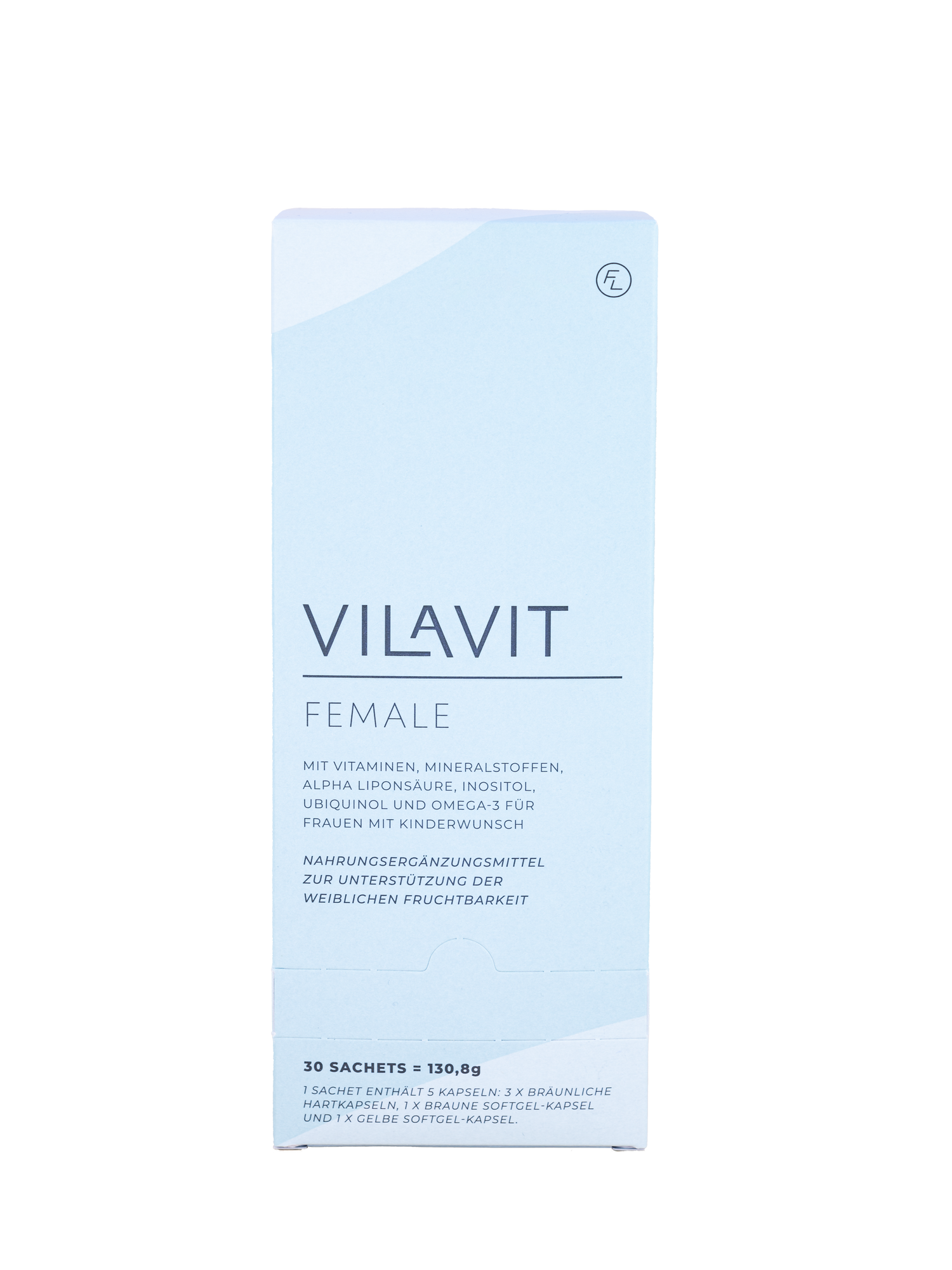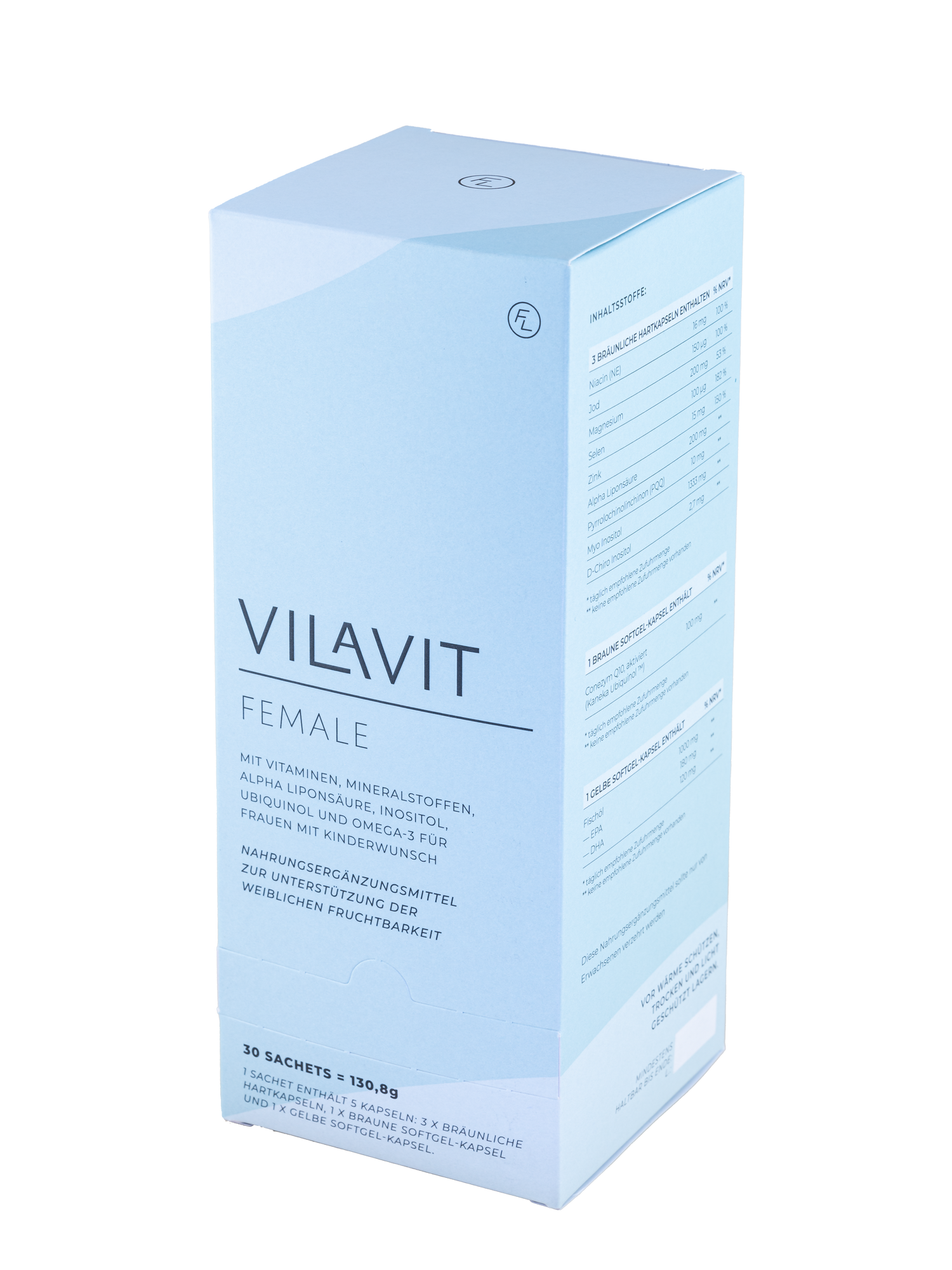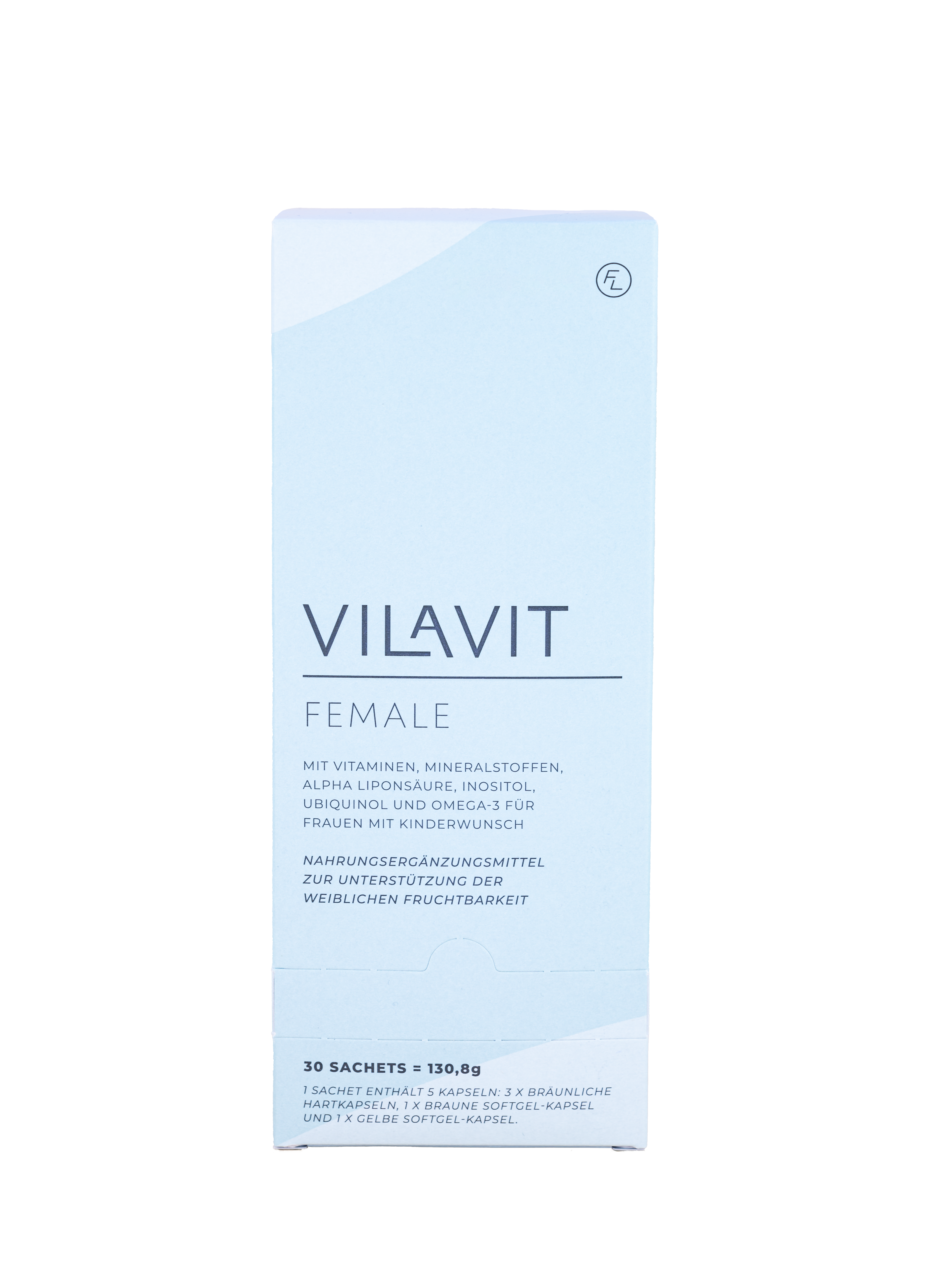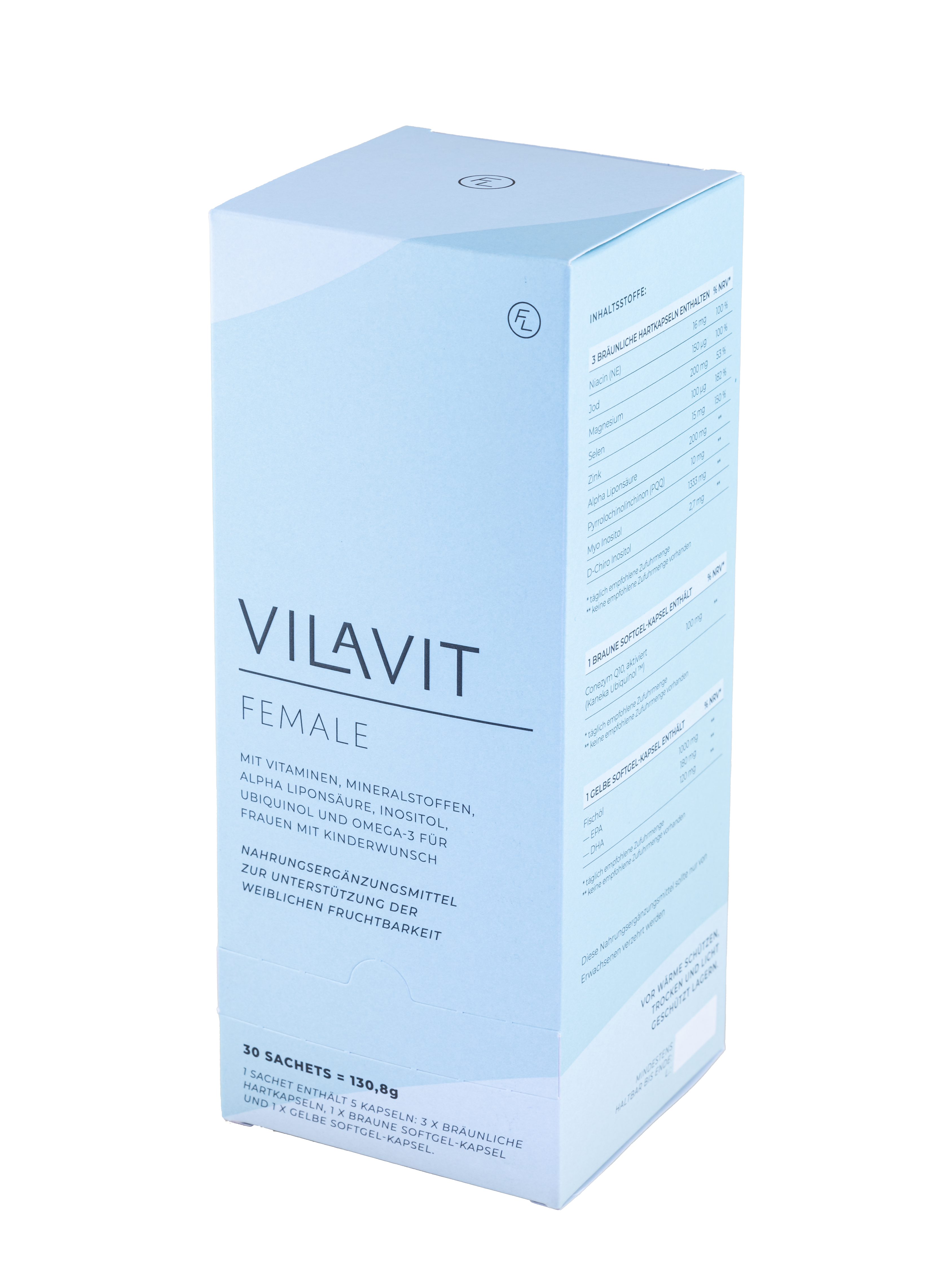Social Freezing, the freezing of eggs, has become an important method for women who want to preserve their fertility for a later stage in life. The most common reasons include the current absence of a partner or career planning. In this blog, we will shed light on the process of Social Freezing, the preparations you should make, and the legal situation before taking a look at the costs.
Why Social Freezing?
The quality of the egg is crucial for successful fertilization. However, egg quality decreases with age. Social Freezing halts the aging process of cryopreserved eggs. It also reduces the increasing risk of chromosomal abnormalities, such as Down syndrome (Trisomy 21).
The Process of Social Freezing
Consultation: The first step is a consultation with a reproductive specialist or fertility clinic. Here, you'll receive all the information about the process, success rates, and possible risks. Hormonal Stimulation and Egg Retrieval (Puncture): Hormonal stimulation, administered via injection over a period of about two weeks, stimulates the maturation of multiple eggs. These eggs are retrieved during a short surgical procedure called puncture. The puncture is usually performed under sedation or light anesthesia and is done on an outpatient basis. The goal is to generate around 20 mature eggs to increase the chance of successful pregnancy. Sometimes, two to three treatment cycles are needed to obtain a sufficient number of eggs. Egg Freezing: The retrieved eggs are frozen and stored in liquid nitrogen at very low temperatures until you are ready to use them. How to Prepare for Social Freezing?
Maintain a healthy diet: Nutrition influences egg quality. Focus on complex carbohydrates, fruits, vegetables, and adequate water intake. Maintain an active lifestyle: Exercise regularly as it can regulate hormone levels and stimulate blood flow (including to the reproductive organs). Take micronutrients to promote egg quality: Certain nutrients have shown a positive effect on egg quality in scientific studies. Optimize your egg quality to increase the chances of a successful pregnancy later on. You can find all relevant nutrients, in premium quality, in bioavailable form, and optimally dosed in VILAVIT Female. The egg maturation process takes about three months, so we recommend taking micronutrients during these three months.
When is the optimal time for Social Freezing?
Since egg reserve and quality decrease significantly with age, Social Freezing is recommended up to the age of 35. Eggs can still be frozen after this age, but it's advisable to assess egg reserve beforehand to determine its feasibility.
What are the success rates of Social Freezing?
Success rates depend on various factors, such as the woman's age at the time of egg retrieval and the quality of the frozen eggs.
A study based on 520 ICSI cycles developed a mathematical model showing the following success rates for a live birth with 20 mature cryopreserved eggs:
It's important to note that this is "only" a mathematical model intended to reflect reality. Unfortunately, reality often looks different.
Legal Framework
The legal situation varies from country to country. In Austria, eggs may only be frozen for medical reasons, meaning with a medical predisposition. In Germany, on the other hand, Social Freezing is allowed without medical grounds.
What are the costs of egg freezing?
The costs are not covered by health insurance. They range from around €3,500 to €4,000 (comprising doctor's fees and medications) plus an annual storage fee for the frozen eggs of around €300 to €500. Additional costs arise for the later fertilization of the egg and the transfer back into the uterus.
In summary, Social Freezing offers a good opportunity to preserve fertility and postpone the decision about family planning.















